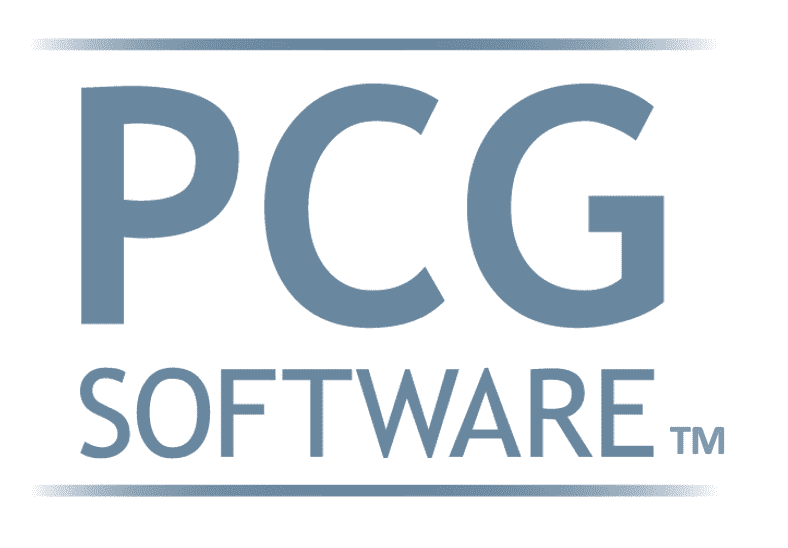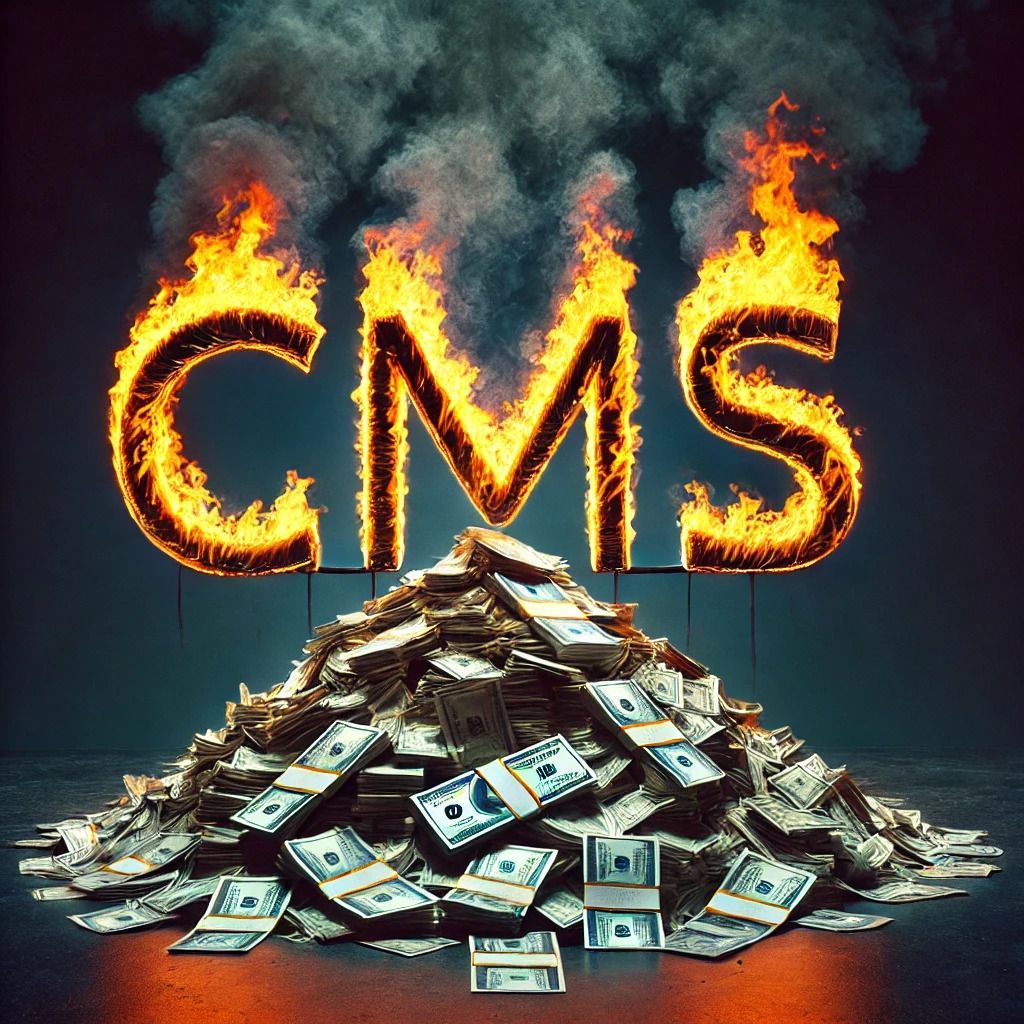$250 Million in Opioid Fraud
Twenty-three were convicted, and 18 plead guilty to a $6.6 million fraud scheme centered around false billing for pills out of Michigan. The profits they stole contributed to a luxurious lifestyle of sports tickets, jewelry, and other lavish purchases. Sentencing ranges from six months to 15 years with fines that could total up to $51 million in restitution.
Opioid Fraud Worsens
Over 100,000 Americans died from drug overdoses in America in 2021. All 50 states felt the impact of opioid addiction and deaths during COVID, yet healthcare “professionals” continue to defraud the system and put lives in danger for profits. It’s disgusting and the DOJ and OIG are pushing hard every day to unravel the sophisticated networks of Opioid-related fraud.
Per Attorney General,
“These are crimes that make this country’s opioid crisis even worse.”
Who are these Pill for Procedure Fraudsters?
Pain clinics spanning multiple states servicing opioid-addicted patients (primarily out of Michigan). These fraudulent providers refused to write painkillers like oxycodone unless the patients agreed to high-priced back surgeries. It was a vicious cycle of “pills for procedures.”
Owners were knee-deep in and orchestrating the fraud. Francisco Patino and Mashiyat Rashid both convicted spent their felonious profits stemming from kickbacks on things like real estate, jewelry, gifts, and even a private jet. Here is a list of all providers we know that were involved in this nefarious healthcare fraud:
- Francisco Patino (owner)
- Mashiyat Rashid (owner)
- Spilos Pappas, MD
- Tariq Omar, MD
- Abdul Haq, MD
- Steven Adamcczyk, MD
- David Weaver, MD
- Glenn Saperstein, MD
- Manish Bolina, MD
- Hussein Saad, MD
- David Yangouyian, MD
- Yousef Almatrahi, Home Health
- Hina Qazi, Home Health
- Kashif Rasool, MD
- Tariq Siddiqi, Home Health
- Tasadaq Ali Ahmad, Home Health
- Stephanie Borgula, Physical Therapist
- Meiuttenum Brown, MD
Pharmacies Must Share the Blame of Opioid Fraud
In every pharmacy, there is a patient record of dispenses and a distribution list of medications to patients. While the masterminds of the prescribing for procedures were the providers, the pharmacies and home health agencies either participated with or were clinically mindless in not seeing the direct delays and timelines of dispensing. Medication Therapy Management (MTM) is the code to which every pharmacy should hold itself liable and accountable. Dispense as instructed, give feedback to providers and patients, and ensure what’s dispensed makes sense without flags or harm. Pharmacies failed.
Our History and Credibility in Reporting this Information:
For over 30 years, PCG Software Inc. has been a leader in AI-powered medical coding solutions, helping Health Plans, MSOs, IPAs, TPAs, and Health Systems save millions annually by reducing costs, fraud, waste, abuse, and improving claims and compliance department efficiencies. Our innovative software solutions include Virtual Examiner® for Payers, VEWS™ for Payers and Billing Software integrations, and iVECoder® for clinics.


